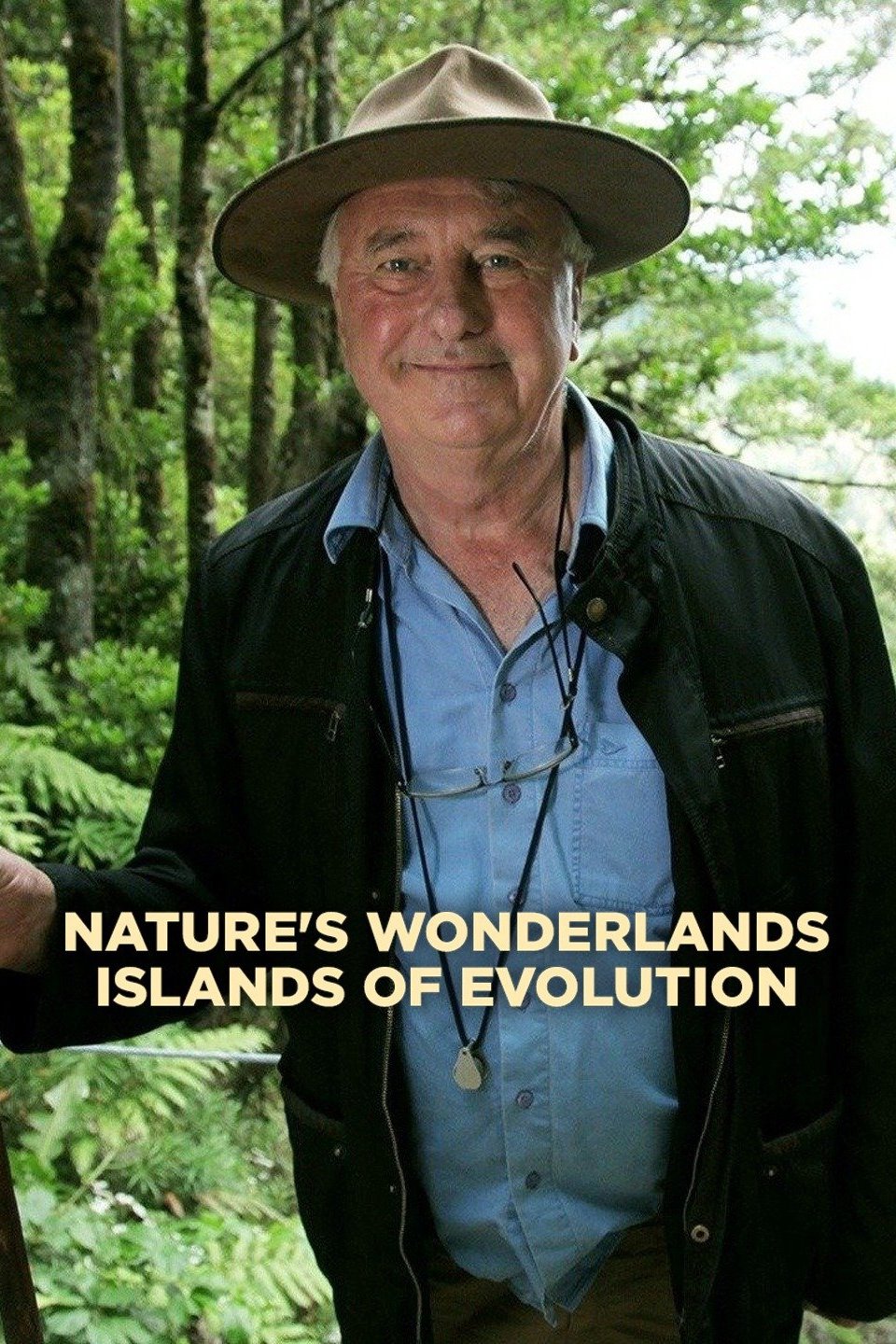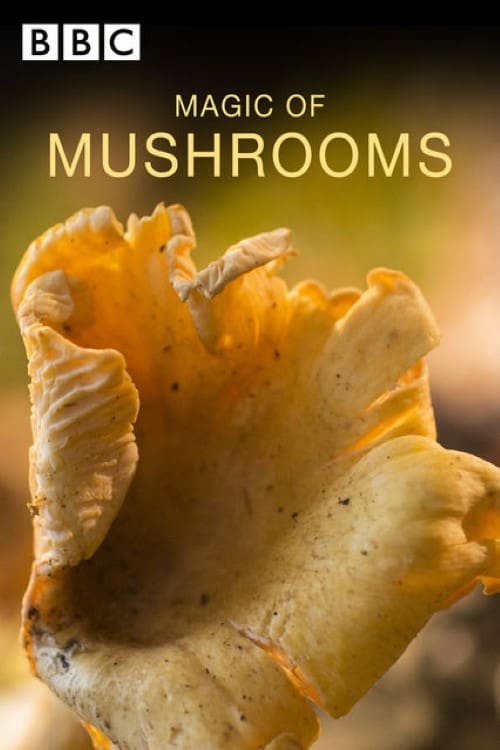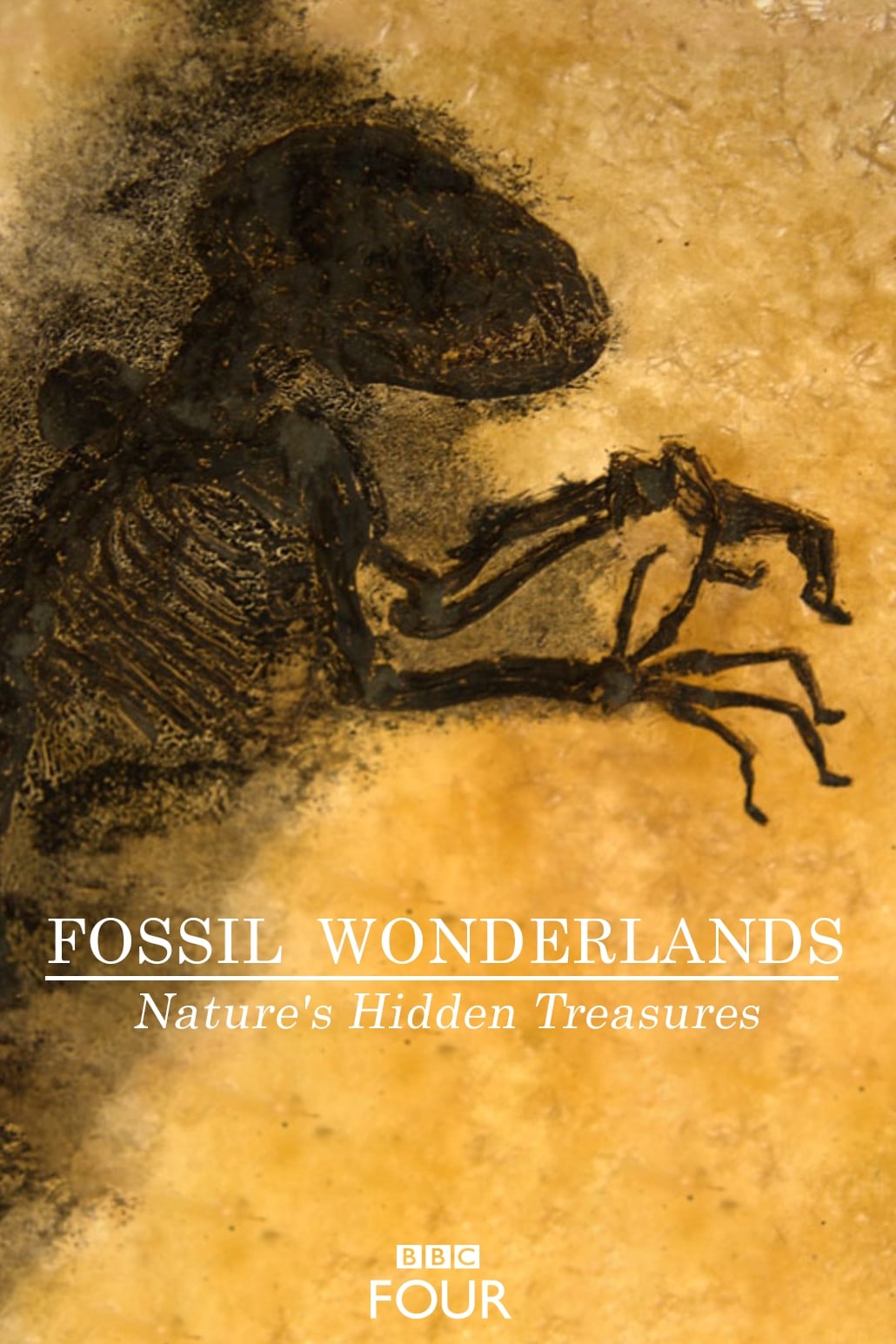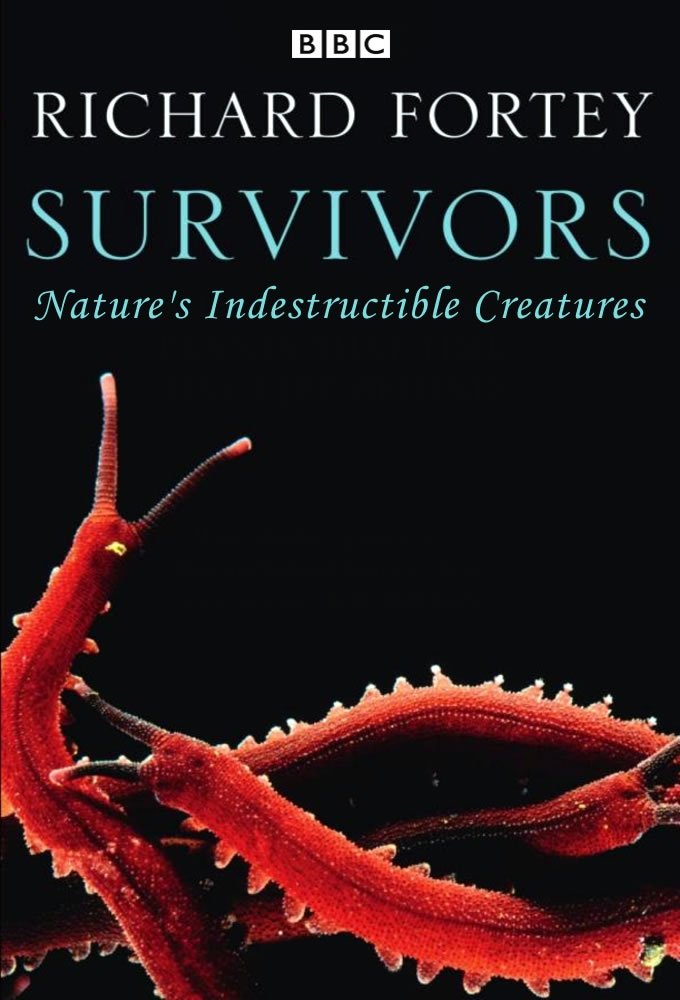

Three-part series in which Professor Richard Fortey investigates why islands are natural laboratories of evolution and meets some of the unique and remarkable species that live on them. Examining some of the crucial influences on natural selection that are normally overlooked - like geology, geography, isolation and time - the series reveals that there is much more to evolution than 'survival of the fittest'. Charting the lifecycle of islands - from their birth and colonisation to the flowering of evolutionary creativity that often accompanies their maturity, and what happens when an island grows old and nears its end - Fortey encounters wild lemurs in the rainforest of Madagascar, acid-resistant shrimps in the rock pools of Hawaii, and giant wolf spiders in Madeira as he searches for the hidden rules of island evolution.

Professor Richard Fortey delves into the fascinating and normally-hidden kingdom of fungi. From their spectacular birth, through their secretive underground life to their final explosive death, Richard reveals a remarkable world that few of us understand or even realise exists - yet all life on Earth depends on it.

Professor Richard Fortey travels to some of the greatest fossil sites on earth to discover more about the distant past.

It is estimated that 99 per cent of species have become extinct and there have been times when life's hold on Earth has been so precarious it seems it hangs on by a thread. This series focuses on the survivors - the old-timers - whose biographies stretch back millions of years and who show how it is possible to survive a mass extinction event which wipes out nearly all of its neighbours. The Natural History Museum's professor Richard Fortey discovers what allows the very few to carry on going - perhaps not for ever, but certainly far beyond the life expectancy of normal species. What makes a survivor when all around drop like flies? Professor Fortey travels across the globe to find the survivors of the most dramatic of these obstacles - the mass extinction events.
By browsing this website, you accept our cookies policy.